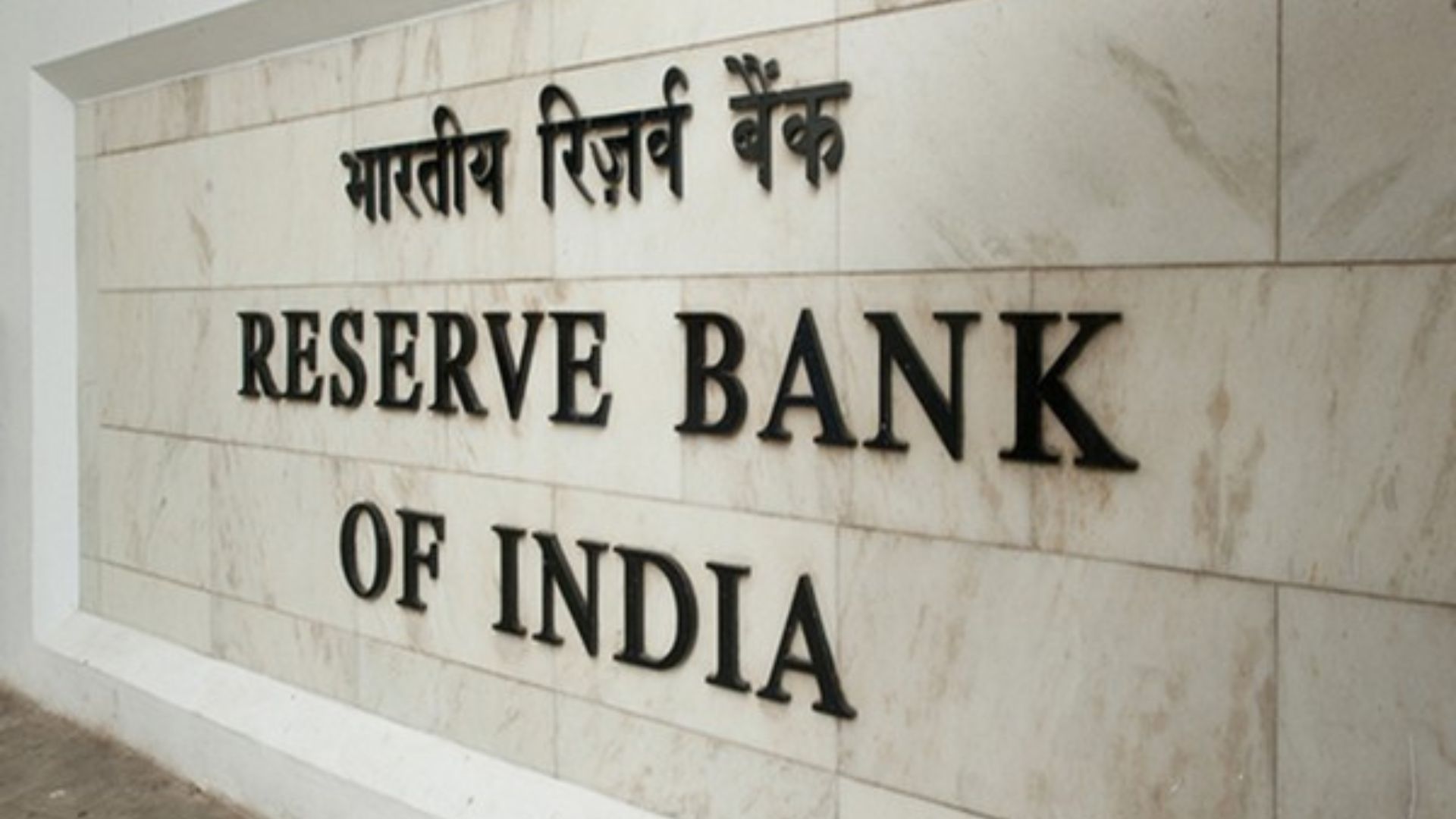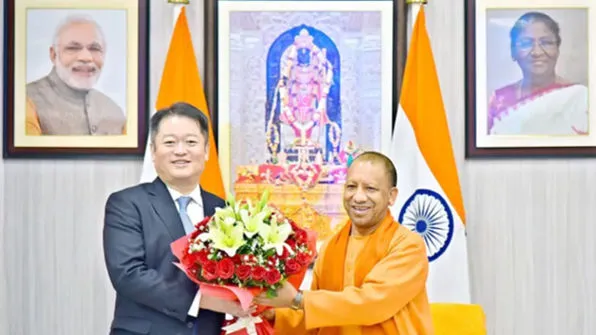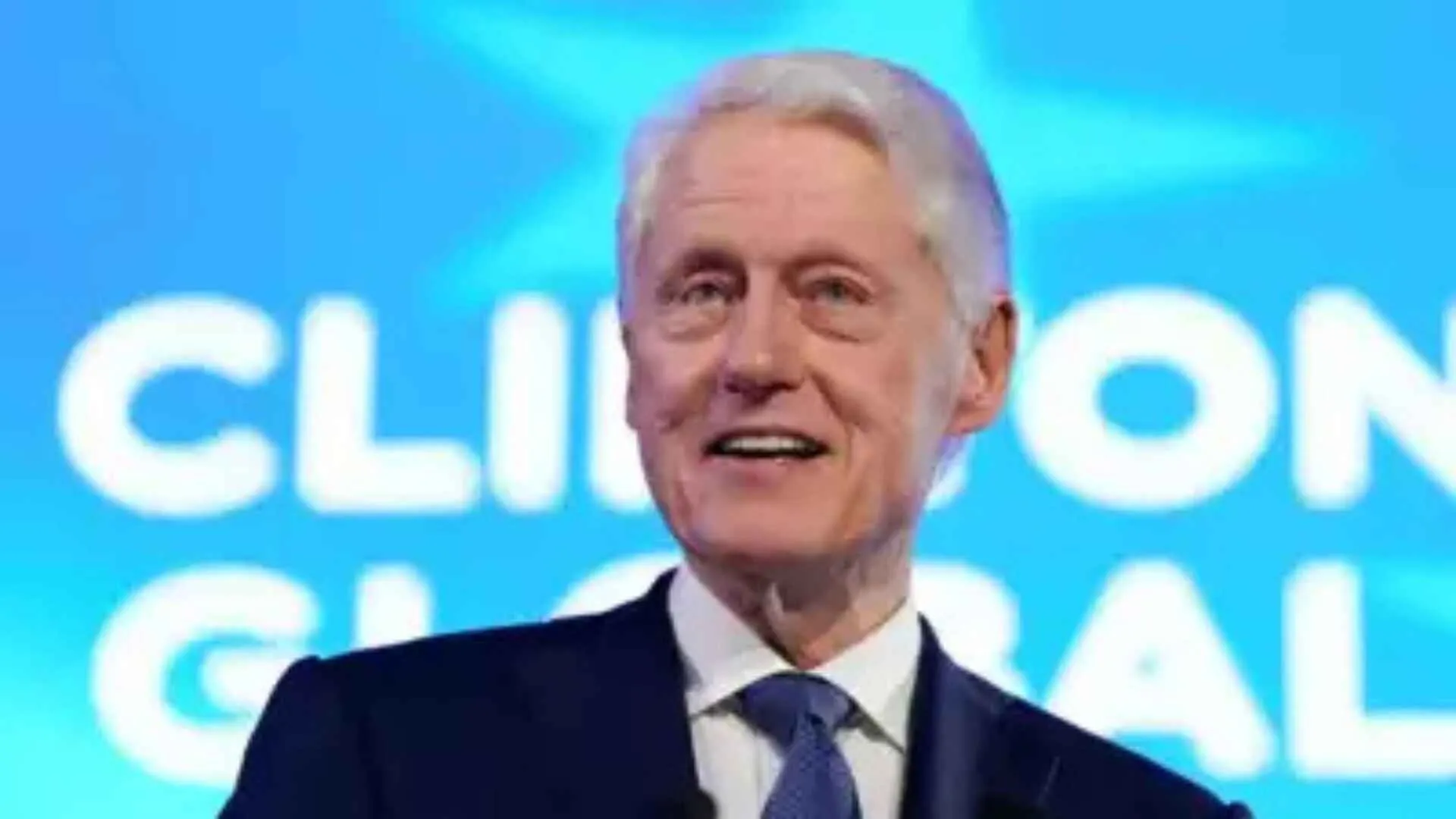I was out of India on an official obligation when I got a message that the Cabinet Secretary wanted to have a word with me. I tried to reach him on phone immediately but failed. Hence, on returning to India, even though it was late in the afternoon, I called his office. They immediately put me across to him. The ease with which I could reach the Cabinet Secretary surprised me.
I had known him earlier but had never spoken to him after he took over as Cabinet Secretary. After exchanging a few pleasantries, he asked me to come over the next morning as he wanted to discuss something over a cup of tea. I tried to ascertain the subject to be discussed but he did not reveal anything. (I have still not fathomed why everything was so secret in the Cabinet Secretariat. It was one of the many British traditions left behind and we blindly followed these traditions years after they had left.) I could hardly sleep during the night wondering what was in store for me the next day.
The next morning, I reached the Cabinet Secretariat, housed in one corner of Rashtrapati Bhavan (perhaps on account of some other obscure British tradition as the office of the Cabinet Secretary had nothing to with the President of the country). I awaited the arrival of the Cabinet Secretary in the waiting room. I was summoned as soon as he arrived. “You have been drafted for a special assignment,” he remarked as I walked into the room. He didn’t tell me what the assignment was. I was surprised because I was completing seven years in the Central Government and as per the extant rules that was the maximum period permissible for an IAS officer to spend on deputation. I tried to bring this point to his notice, “But Sir, I have already completed seven years at the Centre.”
He didn’t wait for long before responding, “No, no! Yesterday, the Prime Minister, the Finance Minister and I discussed the problems related to the slowing down of clearances required by projects. We were planning to set up a Project Monitoring Group. And we were of the view that you would be best suited to head this group.” After a brief pause, he also added, “And your tenure would be extended.” This was quite unusual as tenures were extended beyond seven years only under exceptional circumstances.
Perhaps the country was facing some pretty exceptional circumstances as, due to various scams officers fearing action against them had stopped committing themselves to the files. Consequently, clearances for projects were not coming through. Investments had come to a grinding halt. I wasn’t given an option. I was merely told about my new job where I had to set up everything from scratch. It was during this stint at Project Monitoring Group (PMG) that I got to interact with a number of Central Ministries and a number of State Governments. I got to know gradually why approvals for various projects were getting delayed. Apart from the vitiated environment on account of a number of alleged scams, there was across the board indifference towards high-value projects. Consequently, a large number of these projects were languishing. I had a tough task at hand. To begin with, an office had to be set up and a team put in place. There was no one around. Fortunately, the government was willing to depute officers of my choice. This made a world of a difference.
One of the very first cases referred to PMG by the Prime Minister’s Office was related to an investment of about INR 2000 crore that had been made around the Delhi airport to set up an Aero-City that housed a number of hotels. This was not coming to fruition because of certain security concerns expressed by the local police.
The Delhi Police were of the view that windows facing the airstrip will have to be closed because they posed a security threat to the aeroplanes. However, the contention of the Civil Aviation Department and the developers of the City was that such hotels existed in the proximity of airstrips all over the world and posed no security threat. Moreover, there were few other stories also floating around regarding why the police were reluctant to grant clearance.
In the first meeting with the concerned agencies held on the 12th of July, 2013, our team at PMG adopted the strategy to hear out everyone to understand the nuances of the stalemate. These inputs were pondered over during the next few days. The endeavour was to look for a solution beyond the boundaries that had been defined by respective parties to the issue. And eventually we did manage to find one!
The next meeting was held a week hence on the 19th of July. There were a number of projects listed for discussion. When the Aero-City case came up for consideration, the ball was set rolling by me with an opening remark that apparently looked totally out of context, “I believe this year the Prime Minister will deliver his Independence Day speech from the ramparts of the Red Fort from behind a wall.” The statement really perplexed the representative of the Delhi Police and forced him to ask why. The follow up question from our end was an even innocuous one, “Won’t he be insecure?” “No Sir, there is an arrangement of bulletproof glass for him,” the Delhi Police personnel responded. Having got him around to what we wanted him to say, the PMG Team immediately jumped in with the conclusion that if the PM can be safe behind bulletproof glass, why can’t the airstrip be secured from a hotel by putting bulletproof glasses in windows that will be facing the airstrip?
Most of those present at the meeting looked surprised but there was almost an immediate acceptance of this solution to the problem that had been holding back this project. Yes, this was a costly proposition as compared to the normal window panes and perhaps even a ridiculous one, but it was less than the interest cost incurred per day on the investment made so far! An out-of-the-box solution had paved the way for the fruition of a project that was held up for so long. The decision was implemented within a couple of months and soon the hotels started operating.
Post superannuation, my travel to various parts of the country has very surprisingly increased. Every time I drive down to the airport to catch a flight, I derive a lot of satisfaction when I see all the action at the Aero-City that at one time appeared to be a non-starter.
Anil Swarup has served as the head of the Project Monitoring Group, which is currently under the Prime Minister’s Office. He has also served as Secretary, Ministry of Coal and Secretary, Ministry of School Education.













